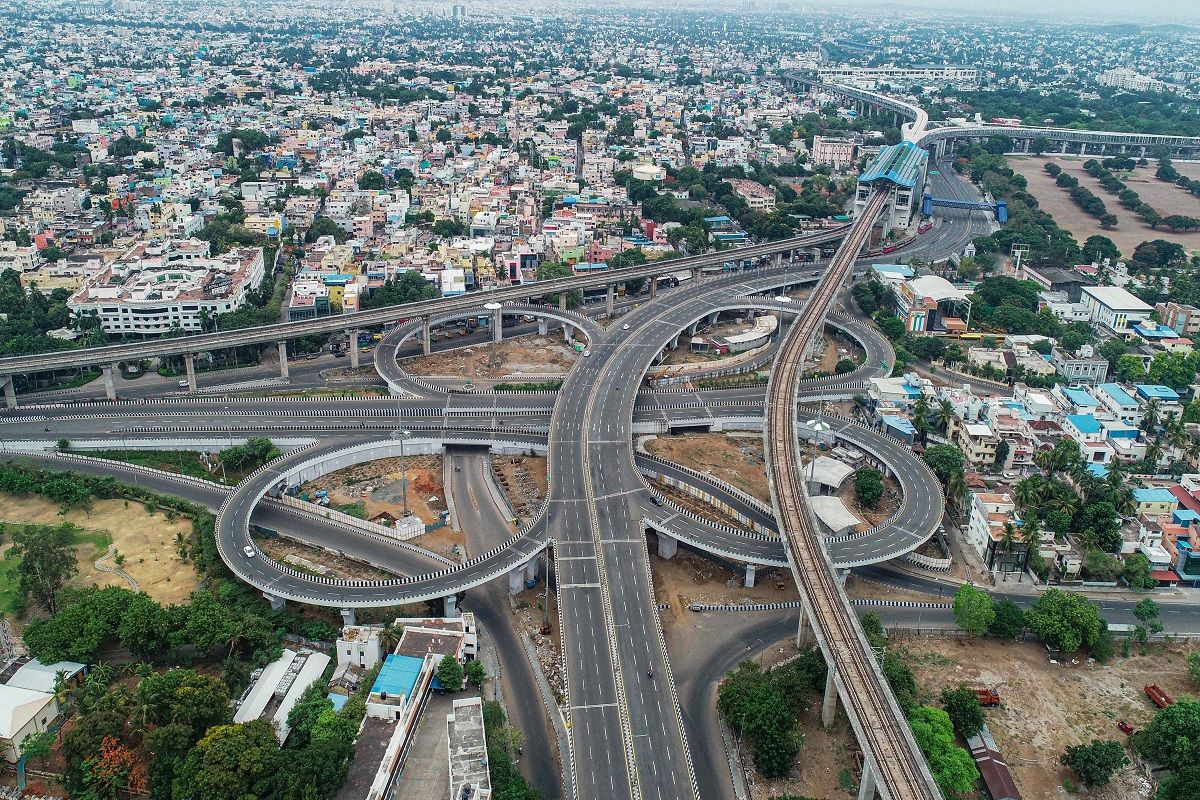New Delhi: Looking at the spike in coronavirus cases across the country, a number of states on Monday decided to impose night curfew and some other states planned to shut their schools till December-end. These steps were taken as preventive measures as the country is witnessing a fresh wake of COVID cases post Diwali festival.
While Maharashtra made COVID negative report mandatory for people seeking to enter the state from Delhi, Rajasthan, Gujarat and Goa, the Uttar Pradesh government, on the other hand, restricted the number of people attending an indoor event to 100. Here’s what happened all through the day.
Maharashtra: The Maharashtra government on Monday made it mandatory for people seeking to enter the state from Delhi, Rajasthan, Gujarat and Goa to carry RT-PCR negative reports as it moved to stem any further spike in COVID-19 cases following a post-Diwali surge.
For those flying in, the RT-PCR sample collection should have been done within 72 hours of scheduled time of landing at airports in Maharashtra, a government order said.
In case of journey by trains, the collection of RT-PCR samples should have been done within 96 hours before the scheduled arrival in Maharashtra.
Himachal Pradesh: Taking preventive measure, the Himachal Pradesh government on Monday decided to keep all schools and colleges closed till December 31 and clamped a night curfew in four districts as the state fights a spurt in coronavirus cases.
The night curfew will be in place from Tuesday to December 15 in Shimla, Mandi, Kangra and Kullu districts from 8 PM to 6 AM, state’s Parliamentary Affairs minister Suresh Bhardwaj said.
Till December 31, only 50 per cent of class III and IV employees on the rolls will attend government offices each day. Moreover, the gatherings at social, cultural and political events will be capped at 200 people and those who don’t wear masks in public will cough up a fine of Rs 1,000.
Most schools in Himachal Pradesh which had reopened on November 1 after remaining shut for months due to the coronavirus pandemic will now remain closed till December 31. However, the online studies would begin from November 26.
Uttar Pradesh: To keep a check on the rising of coronavirus, the Uttar Pradesh government on Monday restricted the number of people attending an indoor event to 100, while less than 40 per cent of the area of an outdoor programme venue will be allowed to be occupied by people in view of the COVID-19 outbreak.
However, in both the scenarios, use of face masks, sanitisers, thermal scanning and maintaining social distancing remain intact. Earlier, 200 people were allowed in a hall, room or any indoor place.
Similarly in the case of outdoor programmes, less than 40 per cent of the area of the venue will be allowed to be occupied by people.
Lockdown in Ladakh: As the COVID-19 death toll in the Union Territory of Ladakh reached 100 with death of two more people, the civil society called for a self-imposed week-long shutdown from Monday to contain the spread of the virus. All shops and business establishments, except medical shops, remained closed, while most of the public and private transport remained off the roads in response to the lockdown call.
Night curfew extended in Ahmedabad: Looking at the rising cases of coronavirus, the night curfew was extended in Ahmedabad till December 7. Notably, a 57-hour-long weekend curfew imposed in Ahmedabad ended 6 am. Night curfew has already been in place since November 21 in Rajkot, Vadodara and Surat.
“There will be a curfew between 9 pm and 6 am beginning November 23 till December 7. People must remain indoors during this period. People must not stand at public roads, streets or public places or move around on foot or in vehicles during this period,” the order said.
Shah launches mobile laboratory: Union Home Minister Amit Shah on Monday launched a mobile laboratory that will conduct free RT-PCR tests for COVID-19 in the national capital and the results will be available in six to eight hours. The tests would be conducted free of cost for the people of Delhi and the reports will be available in six to eight hours. The cost of the test is Rs 499 and it will be borne by the Indian Council of Medical Research (ICMR).
